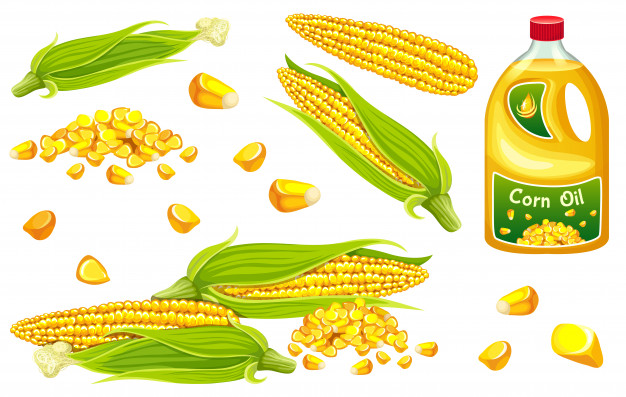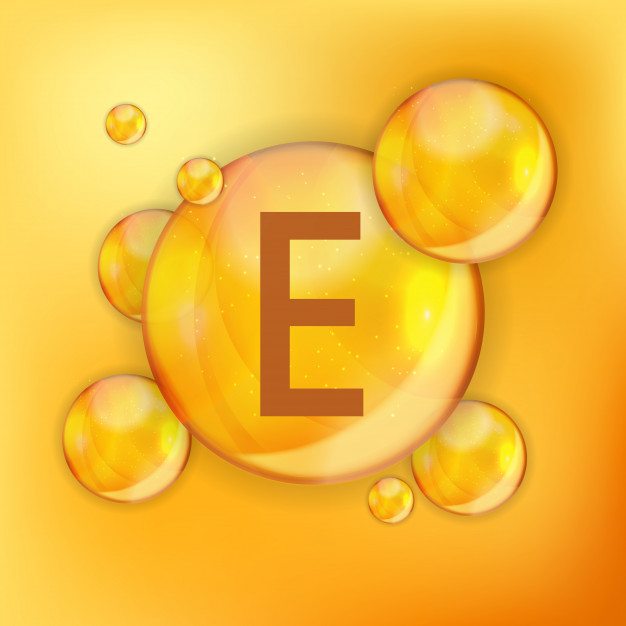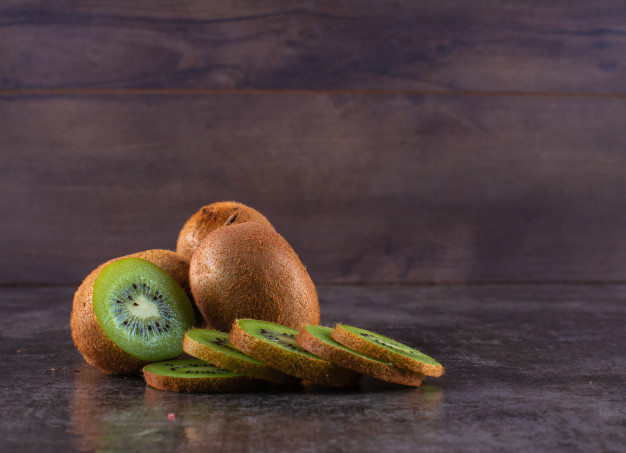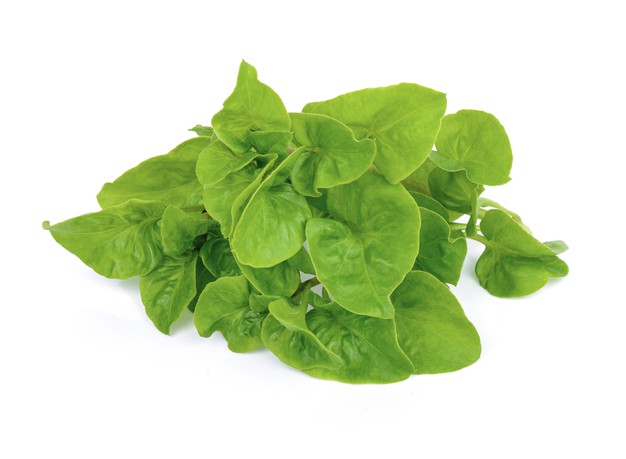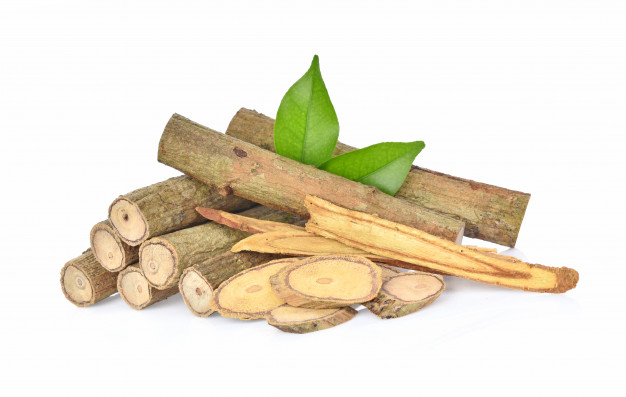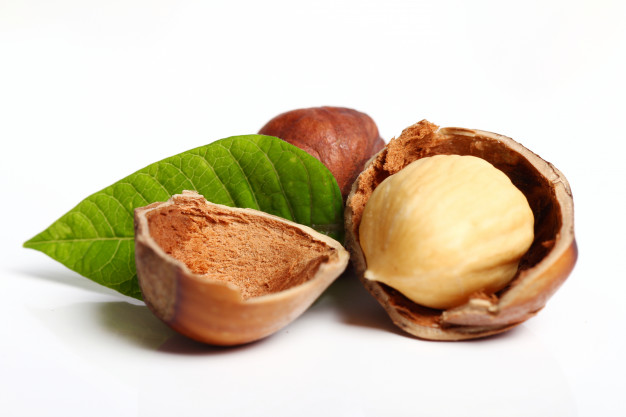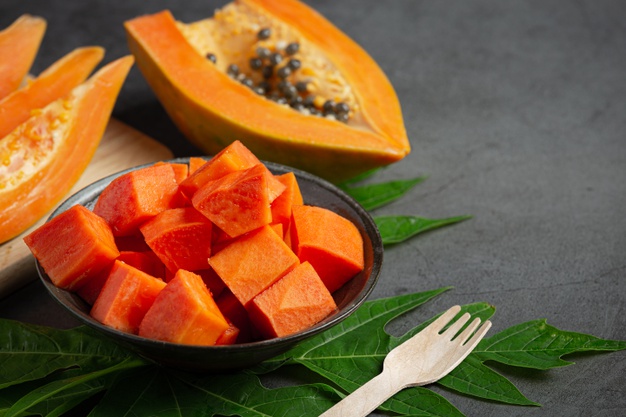Oil that extracted from corn is termed as corn oil. It is considered as deep frying cooking oil as it has high smoking point about 232°C, which makes it ideal for deep frying purposes. It also offers numerous health benefits.
Characteristics
- It is liquid in room temperature
- It has bland odour basically it is odourless
- It is yellow in colour
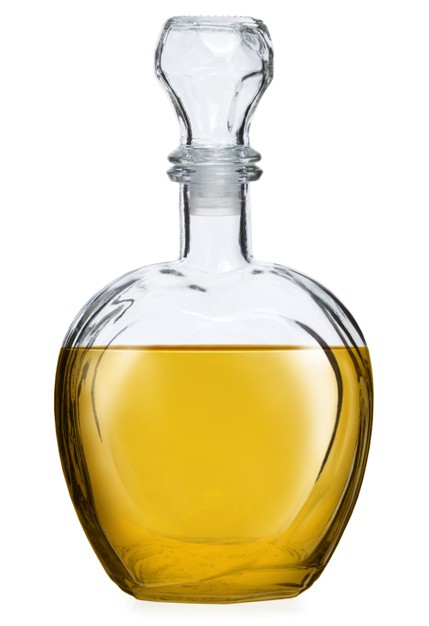
Nutritional profile
Fats
- It is packed with saturated as well as unsaturated fatty acids and it has seen that corn oil contains comparatively higher amount of unsaturated fatty acids than saturated fats
- It mainly contains myristic acid, palmitic acid, stearic acid, arachidic acid as saturated fatty acids
- Omega 3 fatty acid and omega 6 fatty acids are mainly present in corn oil as unsaturated fatty acid
- The ratio of omega 6 fatty acid to omega 3 fatty acid in corn oil, is 46:1
- It is completely free from cholesterol
Vitamins
- It mainly contains fat soluble vitamins and it is significantly rich in Vitamin E and Vitamin K
- It has seen that various fat soluble vitamins are destroyed during corn oil extraction method except Vitamin E

Biologically active compounds
- It is rich in phytonutrients that has potential nutraceutical activities
- It contains flavonoids and polyphenolic compounds that help to exhibit antioxidant activities
- Phytosterol is another important biologically active component of corn oil that shows strong hypolipidemic activity
Preparation of corn oil
- Corn oil is generally extracted from corn
- Corn is a low fat food thus its oil extraction method is very complex and lengthier
- At first the kernels of corn are pressed then the impurities are removed and they are subjected to extraction methods
- Various solvents are used for this extraction method and corns are exposed to several chemical processes through which the corn oil is finally extracted
Health benefits
Role on eye
- Consumption of corn oil is very effective for promoting eye health
- It helps to promote vision as well and plays significant role in decreasing the risk of losing eye sight
- It is packed with antioxidants, omega-3-fatty acids and flavonoids which help to protect the eye especially the retina from oxidative damages that ultimately help to decrease the prevalence of eye disorders
- It has seen that consumption of corn oil significantly improves the symptoms of glaucoma, age related macular degeneration, lymphoma, cataract, inflammatory and autoimmune uveitis, melanoma, ocular inflammation, dry eye syndrome, diabetic retinopathy and retinoblastoma

Role on cardiac health
- Its unsaturated fatty acid contents especially polyunsaturated fatty acid contents like omega-3-fatty acids, linoleic acid etc help to improve cardiac health as well as functionality
- Its phytosterol components are responsible for decreasing cholesterol concentration thus decreases the risk of developing atherosclerosis and coronary artery disease
- Its flavonoids and antioxidant components are responsible for protecting the heart as well as the vascular system from oxidative damages thus its consumption is very beneficial for reducing the risk of developing cardio vascular diseases
- It significantly reduces the prevalence of strokes
- It helps to prevent hypertension as well
Role on regulating cholesterol level
- It plays significant role in decreasing blood cholesterol level
- It is rich in phytrosterols, which are plant compounds that have structural similarity with cholesterol
- These plant based sterol components are responsible for decreasing cholesterol absorption in body thus significantly decreases cholesterol level especially the level of LDL and VLDL
- It has seen that corn oil contains relatively higher amount of phytosterol than other cooking oil thus it should be included in diet for reducing elevated cholesterol concentration, which helps to improve the lipid profile and also decreases the prevalence of hypercholesterolemia, cardio vascular diseases and obesity
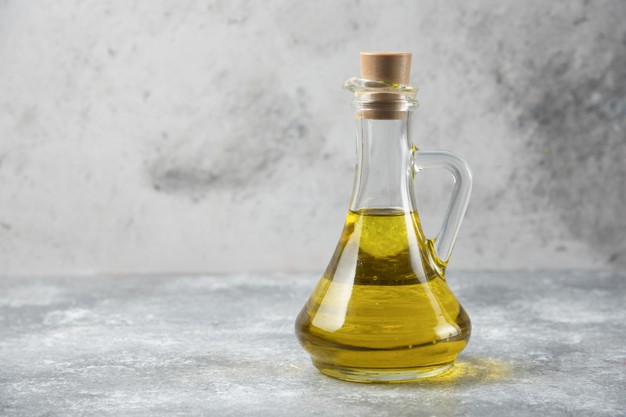

Anti-inflammatory activity
- Phytosterols, monounsaturated fatty acids and polyunsaturated fatty acids components of corn oil exhibit strong anti-inflammatory activities
- It significantly reduces inflammation and swelling by reducing the concentration of inflammatory marker in body
- It also helps to decrease pain
- It has seen that its consumption is extremely beneficial for decreasing the prevalence of skin inflammation, respiratory inflammation, cardiac inflammation, muscular inflammation, renal inflammation and digestive tract inflammation
Role on skin
- It contains adequate amount of Vitamin E and linoleic acid thus its application on skin significantly improves skin functioning
- It helps to provide the skin a younger as well as healthier look
- It helps to make the skin hydrated
- It helps to make the skin smooth as well
- It is also associated with preserving healthy skin cells
- It helps to protect the skin from the harmful effects of UV radiation
- It also helps to improve skin elasticity as it is related with stimulating collagen synthesis
Role on hair
- It helps to moisturize hair follicle and also associated with nourishing the scalp thus its application is very effective for improving hair health
- It plays significant role in treating dry as well as undernourished hair
- It helps to prevent hair fall as well
- It also plays vital role in smoothening and conditioning the hair
- It helps to prevent external damages of hair and makes the hair relatively stronger

Anti-carcinogenic activity
- It contains high amount of phytosterols (mentioned above) and it is particularly rich in a phytosterol named beta-sitosterol, which exerts strong anti-carcinogenic activities and protects the body from the harmful effects of carcinogens
- It hinders the growth of tumor cells in body
- It also helps to suppress the growth of malignant cells and prevents metastasis as well
- It has seen that consumption of corn oil significantly decreases the prevalence of lung cancer
Culinary uses
- It can be used for deep frying purposes such as for crisping up craggy buttermilk fried chicken or for preparing homemade donuts
- It can also be used for preparing grilled foods
- As it has neutral flavor and light weight consistency thus it has been extensively used for preparing baked foods like cupcakes, baking cakes, muffins etc
- It is also used for stir frying such as it can be used for preparing stir frying noodles, it can also be used for frying vegetables
- It has widely used for flash cooking at high temperature
Other uses

- Corn oil has been extensively used for both cooking as well as non-cooking purposes
- It has seen that it has been used for centuries as an imperative industrial cleaner and lubricant
- It is also used for synthesizing fuel for diesel powered engines and gasoline
- It has been widely used for preparing cosmetic products such as soaps, shampoos etc
- Corn oil is extensively used as an important massage oil for skin
- It is also used as base oil for night oil, lip balm and salves
- It has seen that administration of corn oil to horses with dull coat conditions significantly improves their symptoms
General consideration of using corn oil
- It can be used as cooking oil
- It is also used for preparing margarine, which can be consumed with breads
- It can be used for dressing salads as well
- It can also used for preparing mayonnaise
Risk factors
As it is high in omega 6 fatty acids thus its over consumption may cause various health hazards like hyperglycemia, acid reflux, obesity, stroke, cardiac problems, insomnia etc. Thus it is better to consume corn oil in recommended amount.

Source:
Li, Q., Tang, X., Lu, S. and Wu, J., 2019. Composition and tocopherol, fatty acid, and phytosterol contents in micro-endosperm ultra-high oil corn. Grasas y Aceites, 70(3), p.311.
Maki, K.C., Hasse, W., Dicklin, M.R., Bell, M., Buggia, M.A., Cassens, M.E. and Eren, F., 2018. Corn oil lowers plasma cholesterol compared with coconut oil in adults with above-desirable levels of cholesterol in a randomized crossover trial. The Journal of nutrition, 148(10), pp.1556-1563.
Nicholls, S.J., Lincoff, A.M., Garcia, M., Bash, D., Ballantyne, C.M., Barter, P.J., Davidson, M.H., Kastelein, J.J., Koenig, W., McGuire, D.K. and Mozaffarian, D., 2020. Effect of high-dose omega-3 fatty acids vs corn oil on major adverse cardiovascular events in patients at high cardiovascular risk: the STRENGTH randomized clinical trial. JAMA, 324(22), pp.2268-2280.
Siyuan, S., Tong, L. and Liu, R., 2018. Corn phytochemicals and their health benefits. Food Science and Human Wellness, 7(3), pp.185-195.
Veljković, V.B., Biberdžić, M.O., Banković-Ilić, I.B., Djalović, I.G., Tasić, M.B., Nježić, Z.B. and Stamenković, O.S., 2018. Biodiesel production from corn oil: A review. Renewable and Sustainable Energy Reviews, 91, pp.531-548.
